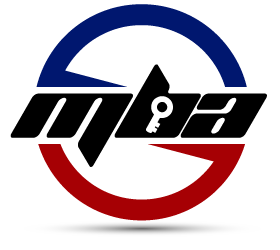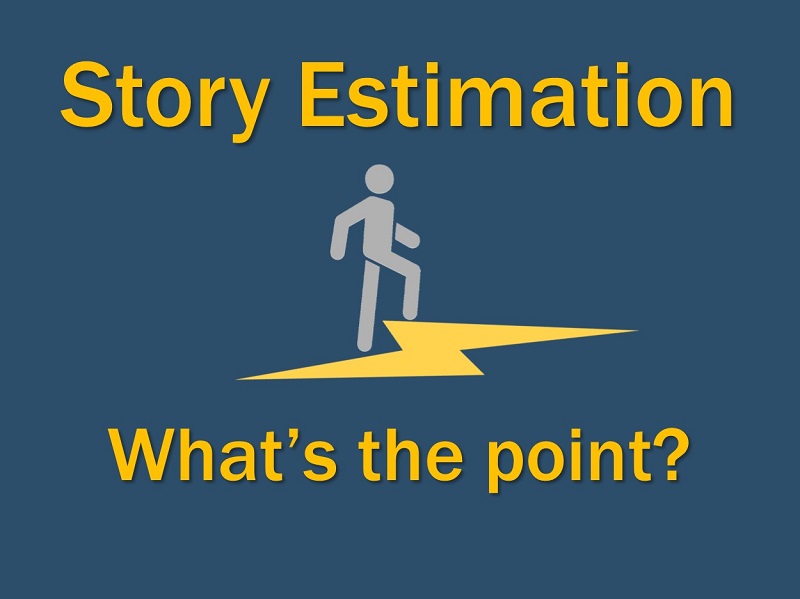In this episode, we explore the use (and misuse) of story point estimation.
Lightning Casts are shorter episodes, sharing valuable information in 8 minutes or less.
Show Notes
Many Agile teams estimate their User Stories using story points. When using this approach, many teams also apply story points incorrectly.
A story point is a relative estimation of effort and complexity. Story points have no correlation to hours, days, or and other time measurement. Instead, it’s a tool in which you estimate based on a comparison to other User Stories.
Some Scrum teams use story points for planning by calculating the average number of story points completed in the last few iterations (velocity) and pulling about that many story points worth of stories for the next iteration.
While velocity can be a useful heuristic, always validate the team’s confidence level in their ability to complete the planned backlog items.
The more powerful use of story points is in creating a shared understanding through a discussion.
Below are some dos and don’ts for story point estimation.
Do
- Estimate as a team by providing all estimates at the same time. This helps eliminate bias and influence of other votes.
- Estimate the effort and complexity of the entire story (coding and testing).
- Discuss the differences in votes to develop a shared understanding of the effort and complexity.
- Identify and use reference stories; backlog items with which the team is familiar to relatively size against.
- Estimate stories during backlog refinement.
Don’t
- Use story points or velocity to compare teams.
- Average the team’s story points to size a story.
- Argue against someone’s sizing. Instead, have a discussion about why everyone voted the way they did.
- Size coding and testing efforts separately.
- Have the team share their estimations one at a time. This leads to influencing other team members and less discussion.
- Size during Sprint Planning.
Listen to the full episode to discover how to properly use story point estimation.
Thank you for listening to the program
To get more valuable content to enhance your skills and advance your career, you can subscribe on iTunes and other podcatchers.
Also, reviews on iTunes are highly appreciated! I read each review and it helps keep me motivated to continue to bring you valuable content each week.



